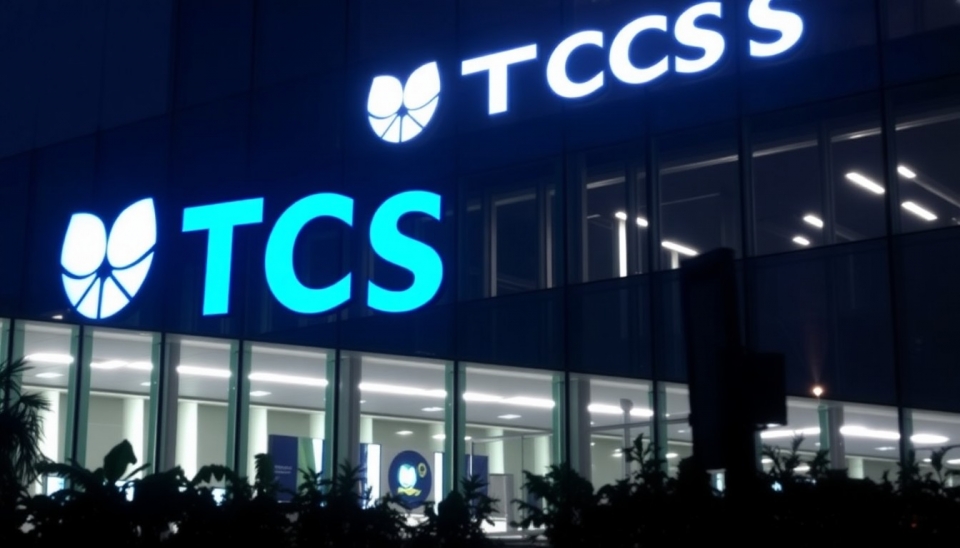
In a stunning revelation, former employees of Tata Consultancy Services (TCS), one of India’s largest IT services firms, allege that the company systematically misclassified its managers to bypass stringent U.S. H-1B visa regulations. This revelation raises significant questions about the ethical practices within the giant firm's recruitment and immigration processes as they bridge efforts to address staffing shortages in their American offices.
The crux of the allegations lies in accusations that TCS labeled its employees as "managers" even when their job roles did not embody the traditional managerial responsibilities. This categorization allowed the company to exploit loopholes in the H-1B visa application process, a system designed to hire foreign professionals for specialized positions in the U.S. labor market.
Former staff members stated that due to TCS's misclassifications, they found themselves in roles classified under management, even when their responsibilities did not align with those commonly associated with that title. These employees reported being engaged in technical roles or backend support without the requisite supervisory or organizational authority typically expected of managerial positions.
This issue has sparked a broader conversation regarding the ethical dimensions of hiring practices in the tech industry, especially within multinational corporations seeking to maintain a competitive edge in global markets. The ability to import specialized talent into the U.S. through the H-1B program has come under scrutiny, particularly as leading firms continue to push the boundaries of regulations surrounding these visas.
Moreover, this misclassification might have implications beyond just TCS. It could fuel the ongoing debate about the integrity of the H-1B visa program, which has faced criticism for being a means to undercut domestic labor by offering lower wages to workers from overseas. Critics argue that while the program aims to fill job shortages, misinterpretations and misclassifications can lead to its misuse, ultimately undermining the opportunities available to U.S. workers.
As these allegations gain traction, they not only shed light on the internal workings of TCS but also signal potential regulatory responses from U.S. immigration authorities aimed at tightening the H-1B process. Stakeholders are paying close attention as the ramifications of these claims could lead to increased scrutiny and possibly regulatory reforms that might affect many companies reliant on foreign talent.
In response to the allegations, TCS has maintained that they adhere to all applicable laws regarding employment classification and immigration. The company has yet to publicly address the specific claims made by former employees, but the growing scrutiny could pose reputational risks for the organization.
The unfolding situation serves as a stark reminder of the complexities and challenges of navigating employment and immigration laws. As companies like TCS continue to rely on global talent to drive innovation and growth, the pressure mounting from both the public and government may compel them to examine more thoroughly their internal practices regarding employee classification.
This evolving story not only encapsulates the contemporary challenges faced by tech giants but also reflects broader socio-economic tensions in an increasingly interconnected labor market. The lasting effects of these reports may reshape policies and corporate strategies in the tech industry, emphasizing the importance of transparency in recruitment and hiring practices moving forward.
As this narrative continues to unfold, industry watchers should remain attentive to how it will influence both TCS and the larger landscape of tech employment practices in the U.S. and beyond.
#TCS #H1Bvisa #Immigration #TechIndustry #Ethics #EmploymentLaw #India #USLaborMarket #TataConsultancyServices
Author: Emily Collins

